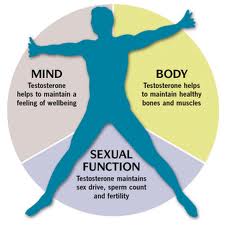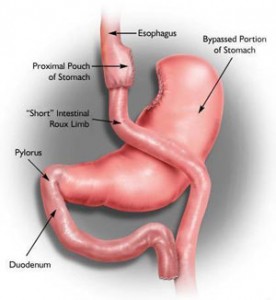More men than women seem to be affected by cardiovascular illness, and the reasons have been manifold. At one time work stress was cited for the prevalence of heart disease in men. Other lifestyle factors, lack of exercise, being overweight, poor dietary choices and smoking have been found to play significant roles. The risk for cardiovascular disease increases with age, as does the likelihood for hypertension, elevated cholesterol levels and glucose intolerance.
Some attention has been paid to the fact that hormones can also play a role, and research has now shown that testosterone has some direct cardiovascular effects. Testosterone has been found to dilate blood vessels. The effect can be likened to the calcium channel blocker Nifedipine. It has also been substantiated that males with coronary artery disease and heart failure tend to have low levels of testosterone. If testosterone deficient men receive replacement therapy, vasodilatation (dilation of blood vessels) has been demonstrated in males who have received testosterone replacement for a few months. Male hormone replacement therapy has also been found to relieve the symptoms of angina in patients with heart failure. The question, how testosterone fits into the concept of disease prevention, comes up in this context. Researchers have found enough evidence that a low testosterone blood level has an independent association with accelerated atherosclerosis (hardening of arteries).
Animal experiments have shown that the development of fatty streaks in blood vessels happens at a higher rate in castrated animals. The more encouraging finding is the fact that this condition is reversible by replacement of testosterone. Male hormone therapy has received a lot of bad press in the case of overtreatment with androgens to achieve muscle growth in body building. However, in this case there was no testosterone deficiency and athletes and their coaches were using doses that were too high. This type of administration entails grave health risks and has nothing to do with good medicine. In case of hormone deficiency replacement the normal body function of a younger male is restored with bioidentical testosterone, which can be a tool to better health for the aging male. Anti-aging physicians are very familiar with this treatment modality.
More on the heart vessel protecting effect of bio-identical hormones:
Journal of Men’s Health – Volume 5, Issue Suppl (September 2008)
Last updated Nov. 6, 2014















